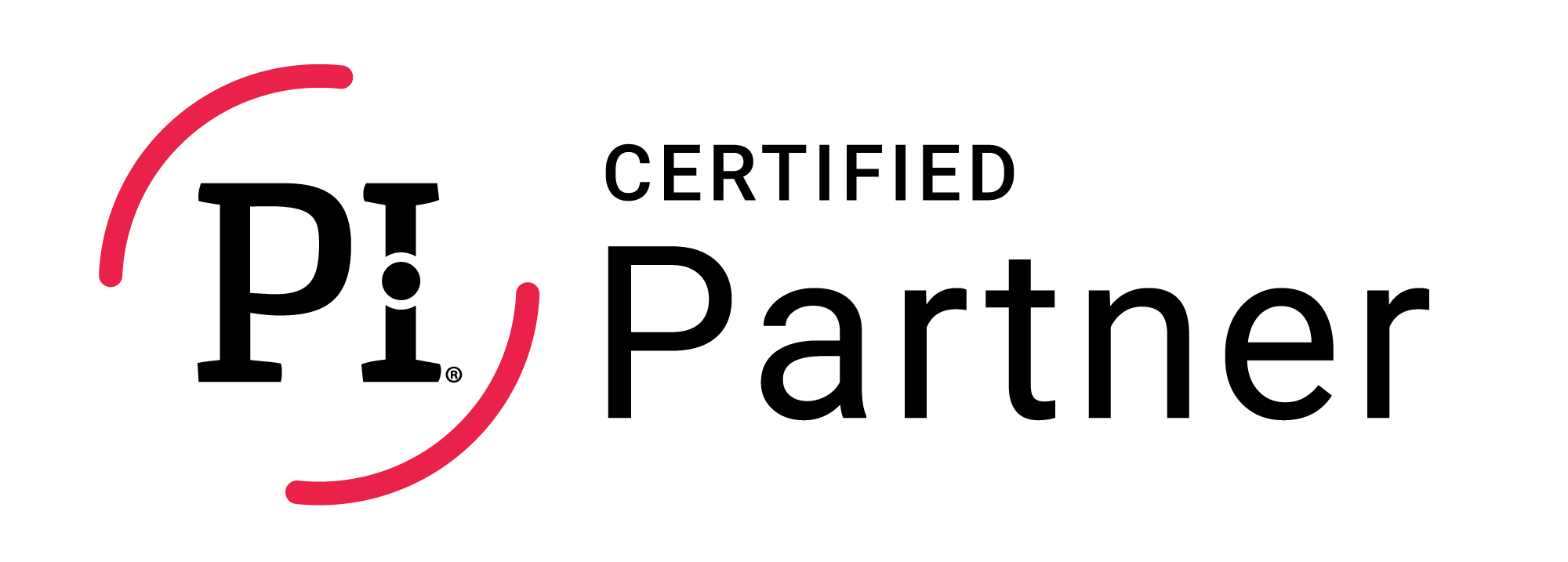Unlocking Potential: How Personality Tests Reveal Your Superpowers and Blind Spots
I am a personality test junkie. I LOVE THEM! You name it, I’ve taken it.
These tests are not a horoscope or a diagnosis. They are meant to show you extremes in your personality and how you relate to peers. In other words … YOU ARE NOT ALONE! And, while you’re unique, sorry … you’re not that unique (this should come as a relief).
This blog will help you navigate the use of these popular personality tests.
As a coach, one of my primary goals is to help individuals and teams unlock their potential by understanding their unique strengths and areas for growth. Over the years, I have utilized various personality assessments to identify these qualities, allowing me to tailor coaching strategies that maximize performance and satisfaction. In this blog, I will explore four popular personality tests: the Enneagram, DISC, StrengthsFinder, and Predictive Index (I am a Certified Partner). We will delve into their differences, similarities, and how each can be used to uncover your superpowers and blind spots. By the end, you’ll understand how these tools can transform your professional and personal life and why scheduling a discovery call with me could be the next step towards your development journey.
The Enneagram: Understanding Core Motivations
The Enneagram is a powerful personality system that maps out nine distinct types, each with its own set of motivations, fears, and behavioral patterns. Rooted in ancient spiritual traditions and modern psychology, the Enneagram offers deep insights into why we think, feel, and act the way we do.
Key Features:
Nine Types: Each type is defined by core motivations and fears.
Growth Paths: Identifies ways each type can grow and develop.
Wings and Arrows: Provides a dynamic understanding of personality by showing how individuals might behave under stress or in growth.
Superpowers and Blind Spots:
Superpowers: The Enneagram helps identify innate strengths, such as Type 3’s drive for success or Type 9’s ability to mediate conflicts.
Blind Spots: It also reveals potential pitfalls, such as Type 6’s tendency towards anxiety or Type 8’s confrontational nature.
DISC: Behavioral Styles in the Workplace
The DISC assessment categorizes behavior into four primary types: Dominance, Influence, Steadiness, and Conscientiousness. Developed by psychologist William Marston, DISC is particularly popular in organizational settings due to its straightforward approach to understanding and improving workplace dynamics.
Key Features:
Four Types: Focuses on behavior in a work environment.
Interpersonal Dynamics: Highlights how different types interact.
Practical Applications: Offers strategies for communication, leadership, and teamwork.
Superpowers and Blind Spots:
Superpowers: DISC identifies behavioral strengths, such as a Dominant person’s ability to lead or an Influential person’s knack for networking.
Blind Spots: It also points out areas for improvement, such as a Steady person’s resistance to change or a Conscientious person’s perfectionism.
StrengthsFinder: Leveraging Your Talents
Developed by Gallup, StrengthsFinder (now CliftonStrengths) focuses on identifying and leveraging an individual’s top talents. Instead of highlighting weaknesses, this assessment emphasizes what you naturally do best, encouraging a strengths-based approach to personal and professional development.
Key Features:
34 Themes: Categorizes talents into 34 distinct themes.
Strengths-Based Development: Encourages focusing on building strengths rather than fixing weaknesses.
Actionable Insights: Provides practical advice on how to apply strengths.
Superpowers and Blind Spots:
Superpowers: StrengthsFinder identifies your top strengths, such as Analytical thinking or Empathy, and suggests ways to maximize them.
Blind Spots: It can also highlight lesser talents that might need support, encouraging collaboration with those who have complementary strengths.
Predictive Index: Data-Driven Workforce Insights
The Predictive Index (PI) is a scientifically validated tool used primarily in business settings to understand workplace behaviors and cognitive abilities. It helps organizations hire the right people, design optimal teams, and develop employees effectively. I am a Certified Partner and can help you navigate this in the workplace.
Key Features:
Behavioral Assessment: Measures drives, needs, and behaviors.
Cognitive Assessment: Evaluates cognitive abilities related to job performance.
Organizational Fit: Matches individuals to roles and teams based on their behavioral profiles.
Superpowers and Blind Spots:
Superpowers: The PI highlights key behavioral traits that contribute to job success, such as a strong drive for results or a high level of detail orientation.
Blind Spots: It also identifies potential mismatches between an individual’s natural tendencies and job requirements, helping to mitigate performance risks.
Similarities and Differences
Similarities:
Self-Awareness: All four assessments promote greater self-awareness, a crucial first step in personal and professional growth.
Development Focus: Each tool provides insights that can be used for personal development, team building, and improving workplace dynamics.
Actionable Insights: They all offer practical advice on leveraging strengths and addressing areas for improvement.
Differences:
Approach: The Enneagram focuses on core motivations and growth paths, DISC on behavioral styles, StrengthsFinder on talents, and PI on workplace behaviors and cognitive abilities and is science based.
Applications: While all can be used in personal development, DISC and PI are particularly tailored for organizational use, StrengthsFinder is strengths-based, and the Enneagram offers a deep psychological and spiritual perspective.
Complexity: The Enneagram and StrengthsFinder provide more complex, nuanced insights, while DISC and PI offer more straightforward, pragmatic applications.
Why Work with a Coach?
Understanding these personality assessments is only the first step. Working with a coach can help you interpret your results, integrate the insights into your daily life, and develop strategies for growth. Here’s how I can help:
Customized Coaching: Tailored sessions to address your unique strengths and challenges.
Team Workshops: Facilitate workshops to improve team dynamics and performance.
Ongoing Support: Provide continuous support and resources to help you apply these insights effectively.
Schedule a Discovery Call
Ready to unlock your superpowers and tackle your blind spots? Let’s explore how these personality assessments can transform your life and career. Schedule a FREE discovery call with me today, and take the first step towards a more insightful, empowered you.
Whether you’re looking to improve your individual performance or enhance team dynamics, these tools can provide the foundation for significant growth and development.
Shea

